Highlights
Director-General

News
FAO Food Price Index remains stable in March
Rising vegetable oil quotations offset lower prices for wheat, maize, rice and sugar

News
30 years of AQUASTAT: FAO celebrates global water data milestone
Event also features UN-Water strategy briefing and calls for stronger global coordination on water data

Transforming our agrifood systems holds the key to helping the world’s poorest
FAO Director-General addresses the UN Finance for Development Summit at the Vatican

Interactive story
Planting the seeds of our future
With our interactive photo essay, explore the state of the world’s plant genetic resources for food and agriculture.

Campaign
365 days of action
Join FAO’s 80th anniversary by organizing events that highlight actions and innovations for a sustainable food future.

In Focus
FAO response to global food security challenges
Data analyses, policy recommendations, and actions on the ground.

Publication
Investing in the future of women in agrifood systems
The FAO’s Commit to Grow Equality initiative drives women’s empowerment in agrifood systems through financing, investments and partnerships. Explore the latest report and learn more!

Interactive story
Discover. Learn. Excel.
The FAO elearning Academy is your gateway to over 600 free, multilingual certified courses. Check out the interactive story to find out more!
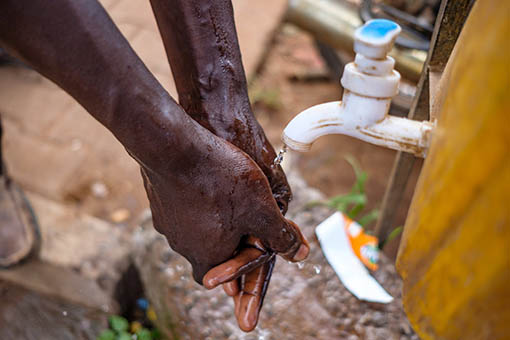
Data
Explore FAO’s global water data platform
AQUASTAT collects and analyses data from around the world to support the sustainable use of water.
Director-General

Transforming our agrifood systems holds the key to helping the world’s poorest
FAO Director-General addresses the UN Finance for Development Summit at the Vatican
Join the conversation
Voices of Impact
Benin’s Farmers Get a Business Boost with Innovation
26/03/2025
Agriculture is the backbone of Benin, yet small-scale farmers face challenges accessing markets, financing, and technology. Watch the video and see how Mireille, Eloi, and Daniel transformed their business with RuralInvest, an innovative toolkit that helps farmers develop business plans, secure funding, and expand their activities, unlocking new opportunities for prosperity.
Video
What are food standards and why do they matter?
07/06/2023
Through the Codex Alimentarius, FAO and WHO work with governments to set food standards that save lives.
Podcast
FAO Brief - 31 March 2025
31/03/2025
In this episode, FAO Director-General QU Dongyu calls for the protection of forest and biodiversity on the International Day of Forests; FAO urges strengthened measures to contain the spread of the H5N1 avian influenza that kills millions of poultry worldwide; and a new FAO study notes that a nearly 40 percent surge in coffee prices last year was caused by adverse climatic conditions.
Data
FAO Food Price Index 2022-2025
2020 World
31.2%
2010 World
31.5%
In depth

Data
Transparency is key to FAO’s mission
Our new transparency portal shows how and where our resources are used and the results we have achieved. Explore the portal now.
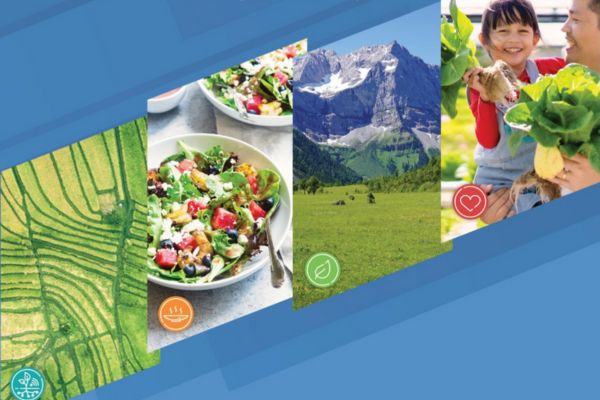
Publication
Medium Term Plan and Programme of Work
The Director-General’s Medium Term Plan 2026-29 and Programme of Work and Budget 2026-27.
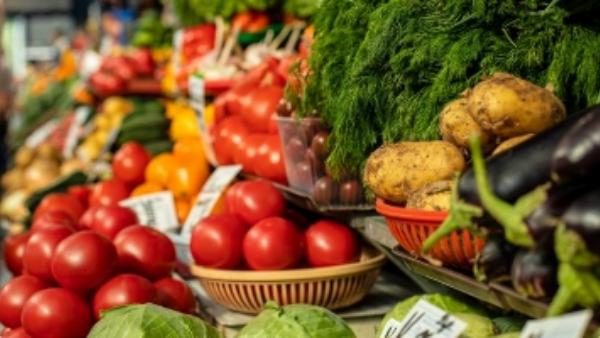
In Focus
FAO Data Lab
The FAO Data Lab for Statistical Innovation modernizes the statistical business process, with a specific focus on emergency contexts, when having access to timely information is very important.
FAO and the SDGs
Hover the mouse over an SDG icon for more information
A world free from hunger and malnutrition where food and agriculture contributes to improving the living standards of all
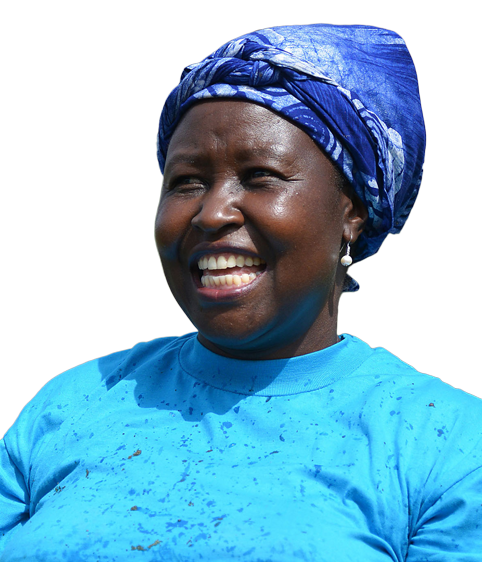
FAO works with governments and partners to empower some of the world’s most marginalized people to end rural poverty.
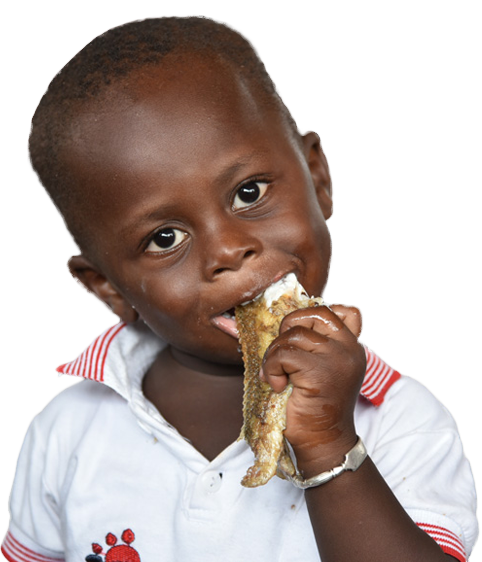
FAO helps ensure food security by developing ways of growing food that will work in the future so that millions of people don’t go hungry.
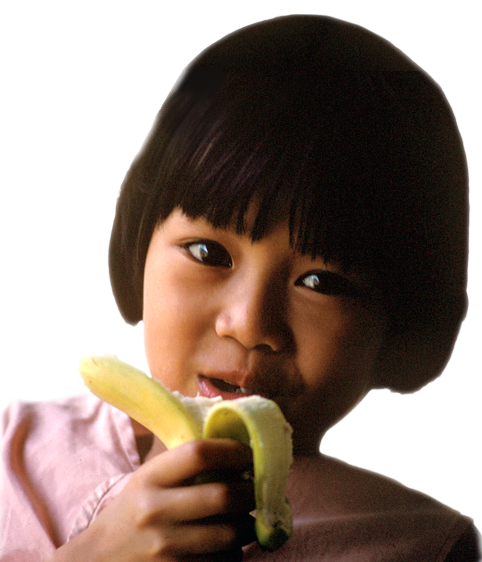
Good health starts with nutrition. FAO sets global standards and works with governments and the private sector to ensure food quality and safety throughout the food chain.

FAO invests in educational systems for rural communities and supports improved access to primary education and school meals in order to create equal opportunities for all and chances of lifelong learning.
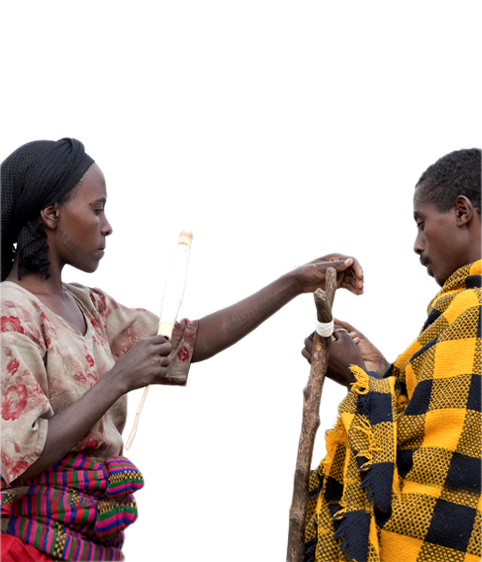
FAO supports gender equality in the agricultural sector in an effort to raise levels of nutrition in local communities and improve agricultural productivity.
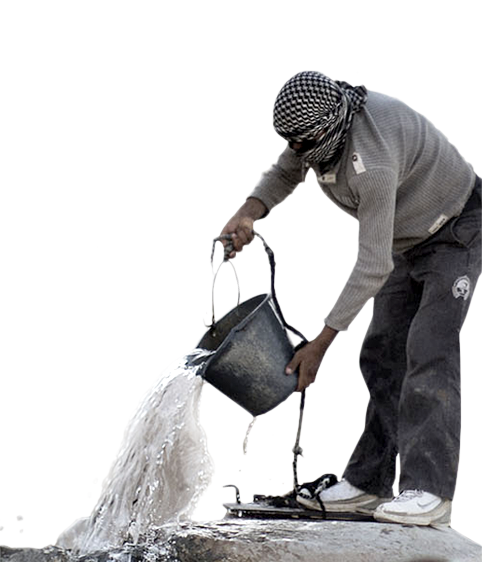
FAO works with governments to ensure water use in agriculture is made more efficient, equitable and environmentally friendly.
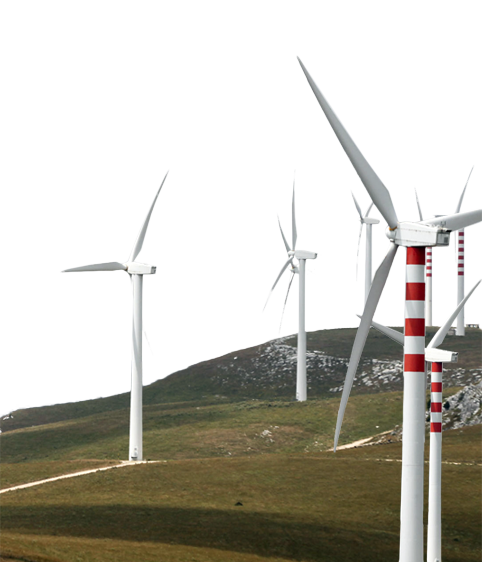
FAO promotes the use of renewable energies and works to ensure access to modern energy services across the food chain.
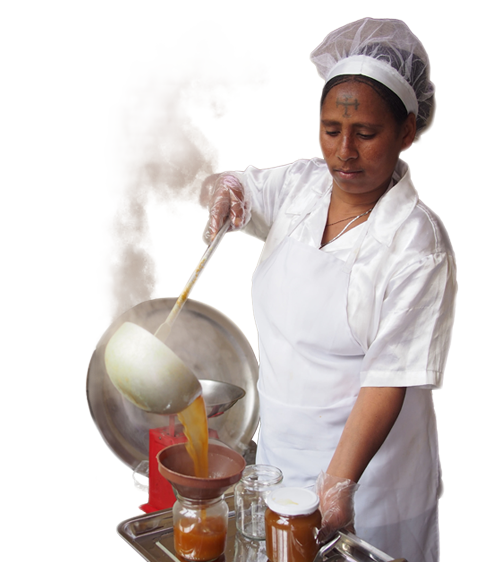
FAO seeks better economic opportunities for all by investing in sustainable agricultural practices and food systems that reduce inequalities and create decent jobs.
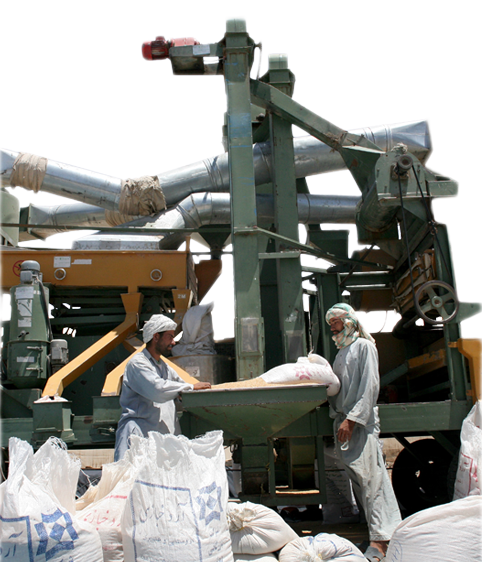
FAO seeks to secure a future for rural communities via investments in transportation, irrigation, food storage facilities and communication technologies.
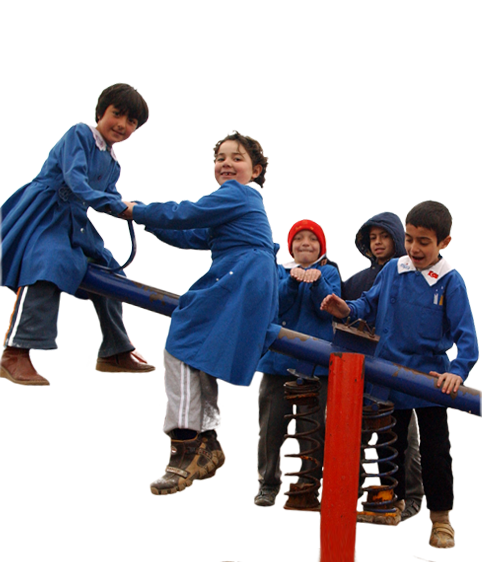
FAO works with countries and partners to generate employment in rural areas, ensure access to natural resources for the most vulnerable and connect farmers to markets.

FAO works to improve urban healthcare, water quality and rethink city region food systems to help deter the negative effects of sprawling urbanisation.
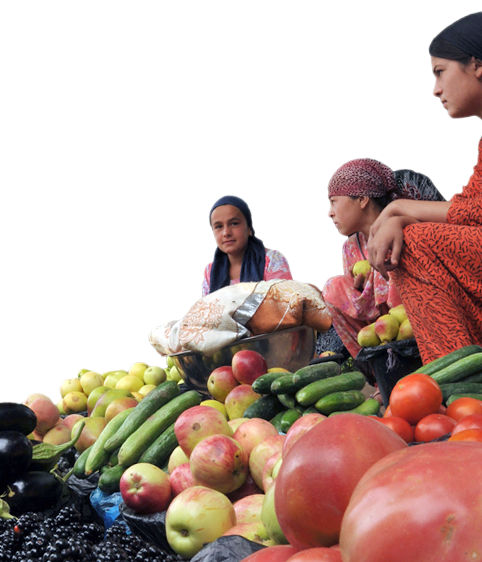
FAO coordinates major global initiatives and projects to tackle food waste and loss, partnering with international organisations, the private sector and civil society.
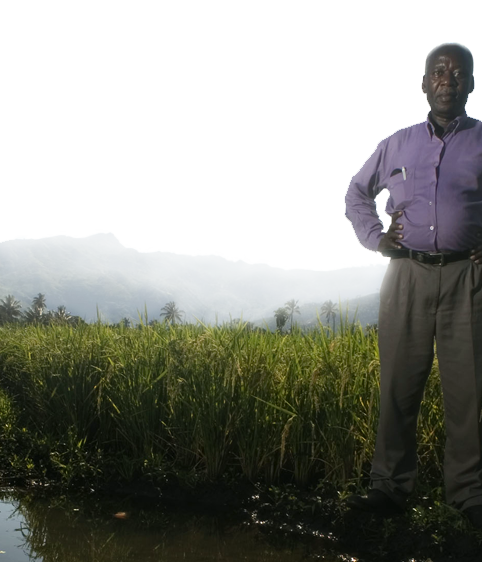
FAO supports countries in responding to the threats of climate change by providing advice, data and tools for better agricultural policies and practices.
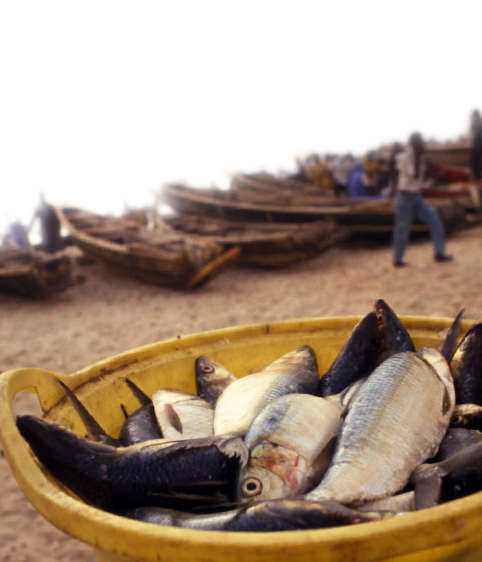
FAO, in partnership with governments and fishing communities, implements best practices in fisheries to ensure our oceans are protected as a means of livelihoods.
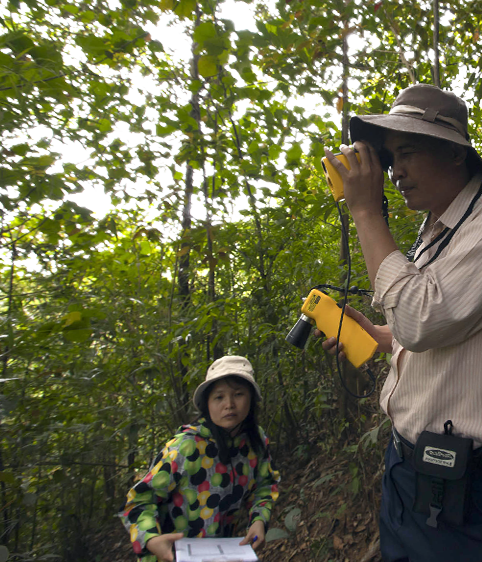
FAO promotes sustainable approaches to natural resource management and supports endeavours that promote a balance between conservation and development initiatives.
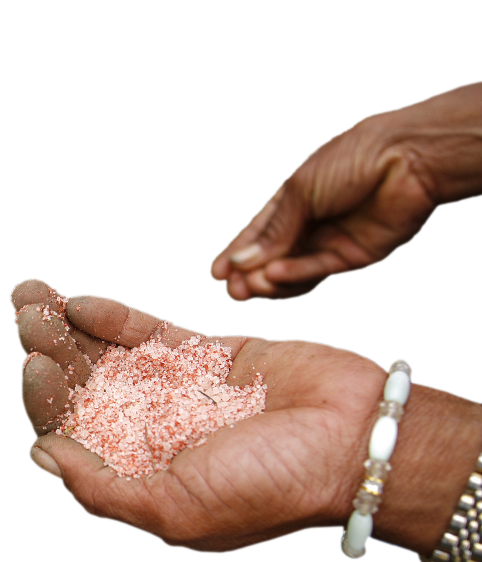
FAO plays a critical role in peacebuilding, restoring rural livelihoods, building resilience and participatory approaches to policymaking.
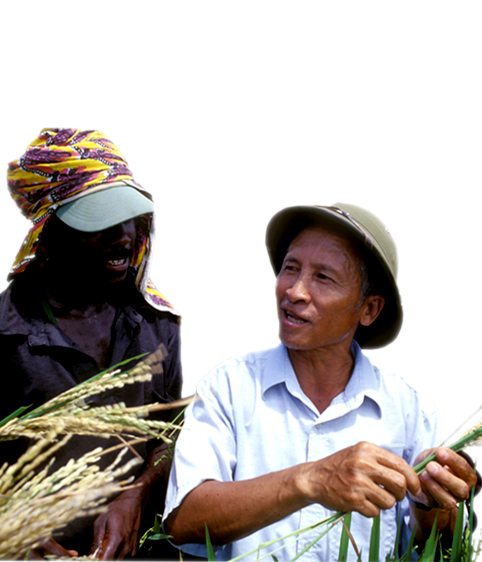
FAO acts as a neutral policymaking forum and develops partnerships with all concerned with food and agriculture to ensure a world free from hunger.





















